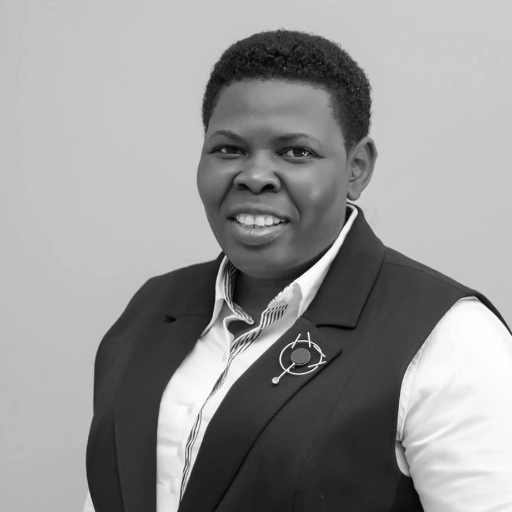BY ROSE NAMAYANJA NSEREKO

For years, a graphic video of the torture of former Liberian President Samuel Doe has lurked in plain sight on the web. No human being’s terrifying final moments should be available to view on the internet. But Doe was an African politician. Ask yourselves: How long would the death of a British or American leader remain posted on YouTube?
The Doe video is far from the only dangerous, violent and conspiratorial postings of and by Africans on social media that are never taken down. It would be generous to assume the prevalence of local language content is the reason so many slips past the censors. But when videos such as Doe’s are in English, it is clear when it involves Africans, social media conglomerates just don’t care.
Where they do act – such as Twitter’s recent removal of a tweet by Nigerian President Muhammadu Buhari – the reaction has been one of fury from the authorities. Nigeria has now become the first African nation to close nationwide access to Twitter for the foreseeable future. Far from helping address digital hate, many Africans view this particular act by Twitter as political; an empty gesture to generate publicity and suggest big tech cares about Africa when, for the vast majority of content, the reality remains that nothing is being done.
Today, for example, YouTube has specific policies for COVID-19 misinformation and last year widely policed the false claims of fraud in U.S. elections. Facebook and Twitter even barred the rantings of an American president. Yet in African clear, present, and dangerous content is accepted unadulterated.
Earlier this month, an attempt on the life of a senior Ugandan cabinet minister and general saw him and his bodyguard survive, though his teenage daughter did not. The shooting produced hate and conspiracy across social media. An unknown TikTok user laughs over a photo of the general, bemoaning that the shooters did not succeed, saying “they deserved to die” in a video now viewed after posting to Facebook more than 200,000 times, with 10,000 “likes” and 3,000 “shares.” In another Facebook video – viewed more than 120,000 times and with 13,000 likes – a spectacularly unfunny local comedian suggests the surviving general must be delighted by the death of his own daughter. A third, widely shared, uses the doctored voice of the president’s son-in-law, purporting to mastermind the whole affair.
Everyone must be entitled to express their political views robustly and with liberty, but there is a wide berth between party politics on the one hand, and on the other a descent into conspiracy and hatred with real-world consequences. The families of those who died in the recent U.S. Capitol Hill riots can sadly attest to that. Moreover, the unchecked spread of conspiracy has proven particularly dangerous during the pandemic. Harmful and untrue theories about masks, vaccines and lockdowns have spread to millions in an instant.
The difference is that in America, the United Kingdom and the rest of the West, social media is both policed and only one of many accessible sources of news and information – from digital newspapers to free-to-view television – universally available to citizens and at low cost.
Across Africa, social media is the primary means of communication and information sharing (0.3% of Ugandans buy newspapers, while adult mobile usage is close to 100% of the population). As of December 2020, Facebook dominated the continent’s markets, with its 60% of social media market share and some 255.4 million active account holders – more users than in the United States.
When so much has been done to create rules, regulations and systems for policing content worldwide, it is incomprehensible that fake news and hate are allowed to spread unchecked in one of the world’s largest social media markets.
It’s important for Big Tech to step up, or internet providers run the risk of being shut out or shut down. There is a risk of more Nigerias – with access being blocked by governments out of sheer frustration of being targeted at the top when the real depth of hate content is left entirely unaddressed.
Social media is a global phenomenon, not a Western one. If social media companies are to make good on their promises to properly moderate harmful content they should do so on a global scale. If that means investing in local staff who can speak the language, then so be it.
The benefits of social media make it worth risking the negatives. But it must fall to the platforms themselves – the companies that profit – to moderate the risks. And they must do so regardless of race, color, nationality and location of users equally, and for everyone.